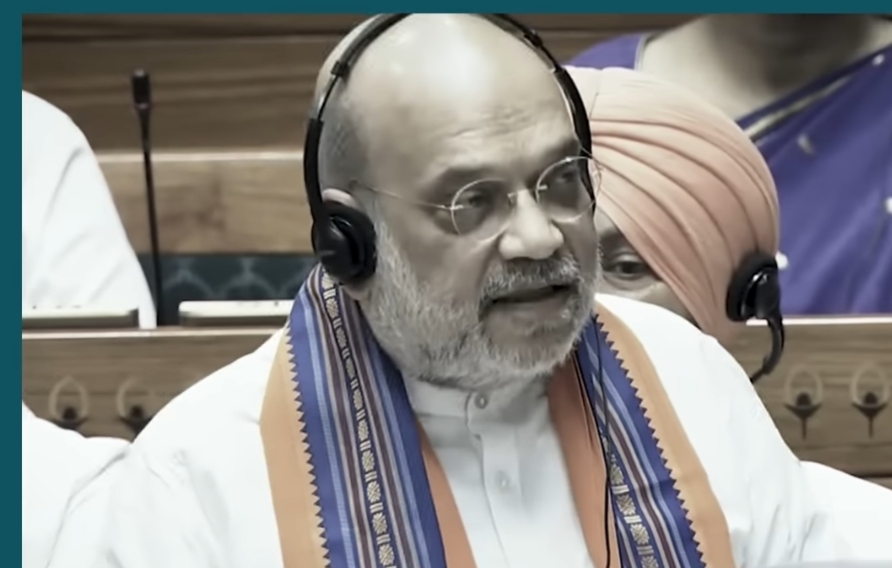

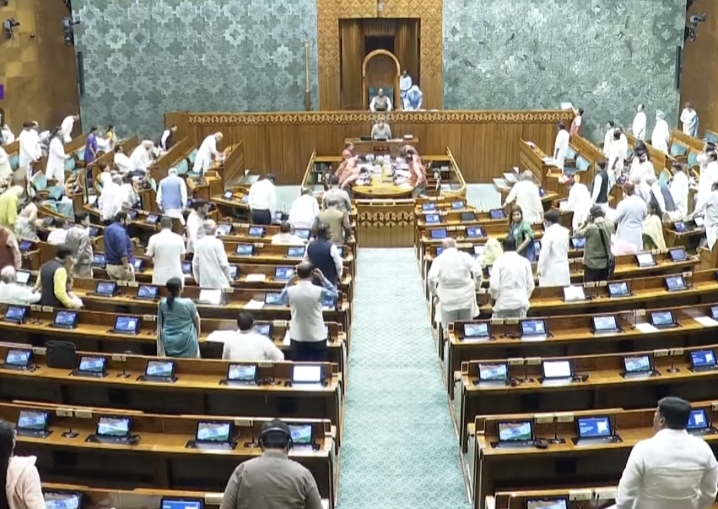
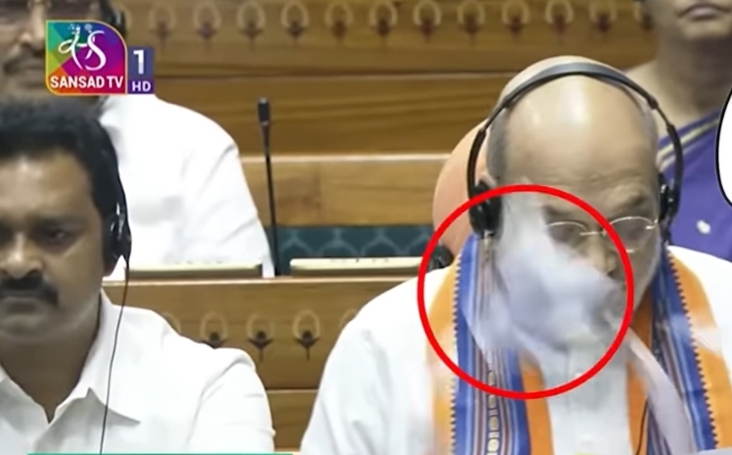
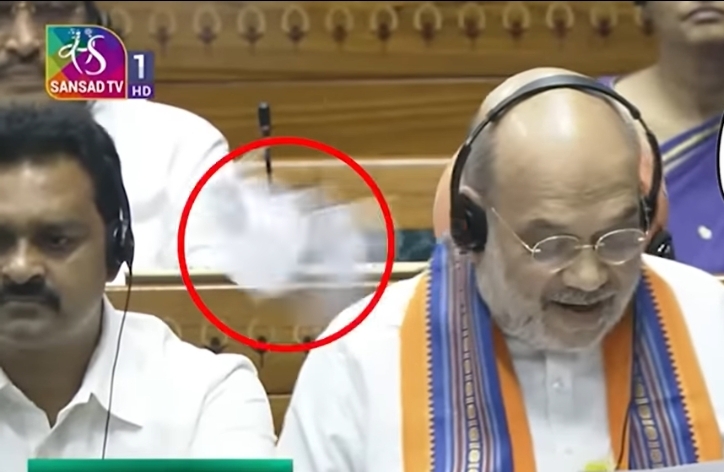
MODI GOVT’S ‘INTEGRITY BILLS’ RAISE ALARMS IN NDA ALLIES & OPPOSITION
NEW DELHI: In a surprise move that has rattled both allies and adversaries, the Modi government has introduced three controversial bills on Wednesday in the final stretch of the ongoing Parliament’s monsoon session.
The proposed legislations seeks automatic removal of the Prime Minister, Union ministers, or even state Chief Ministers if they spend 30 consecutive days in judicial custody for serious offenses—defined as those carrying punishment of five years or more. Another bill specifically targets the removal of the Chief Minister of Jammu and Kashmir under similar circumstances.
The announcement, made without prior consultation with allies or opposition, has sent shockwaves through the political establishment. Critics and observers alike argue that beyond the stated intent of restoring integrity in public life, the government may be pushing a deeper political strategy aimed at unsettling its partners and tightening its grip on power.
Justifying the move, government representatives said the bills are designed to restore public faith in politics by applying standards similar to those binding civil servants. “No one facing serious allegations should remain in power to influence governance,” a government statement said.
Supporters within Parliament echoed this line. Congress MP Shashi Tharoor called the proposal “reasonable,” asking, “If you spend 30 days in jail, can you continue to be a minister? … I don’t see anything wrong in this.”
The opposition, however, sees something more sinister. Congress MP Manish Tewari warned the bills invert the principle of presumption of innocence, effectively putting executive agencies above elected leaders, even the Prime Minister. “This makes an investigating officer the boss of the country’s top executive, undermining Article 21,” he cautioned.
AIMIM leader Asaduddin Owaisi went further, likening the measures to “Gestapo-style policing,” and warning that unchecked agencies would gain unprecedented power to topple governments.
Priyanka Gandhi Vadra branded the move “draconian,” citing the arrest of Delhi CM Arvind Kejriwal as an example of how flimsy charges could be weaponized. Left parties described it as “a direct assault on democracy and the federal structure.”
Political observers believe the timing is as significant as the content. With the session drawing to a close and several governance challenges—from economic stress to unemployment—on the table, the sudden introduction of these bills is being read as more than a governance reform.
RJD Rajya Sabha MP Manoj Jha suggested the hidden aim could be to pressure BJP’s own allies, especially Chief Ministers in NDA-ruled states, who might now feel vulnerable to central agency probes. “This is not just about the opposition; allies should be equally worried,” he remarked.
Analysts are divided. On one side, the bills are presented as a bold ethics reform aligning political life with higher standards of accountability. On the other, they are seen as a dangerous weapon for political destabilization—eroding constitutional safeguards and concentrating power in the Centre’s hands.
Most agree this is not a diversionary tactic but a high-stakes gamble. The future of the bills will likely be contested in the Joint Parliamentary Committee and, if passed, face judicial scrutiny.
For now, one thing is clear: the Modi government has chosen to end the session not with consensus-building, but with confrontation—turning the spotlight from pressing national concerns to a fierce debate over the future of Indian democracy.
[Writer is a Senior Journalist and Political Commentator]
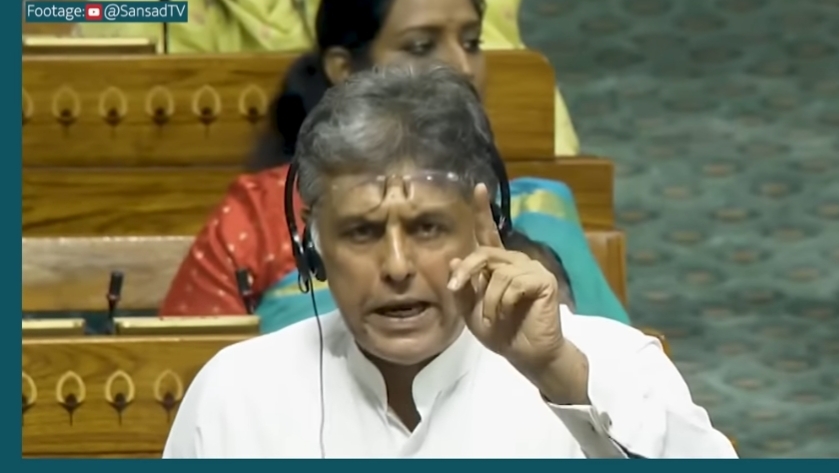
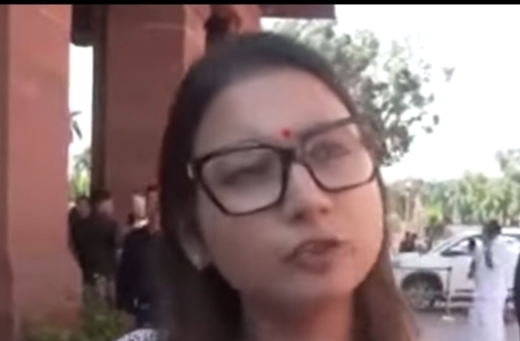
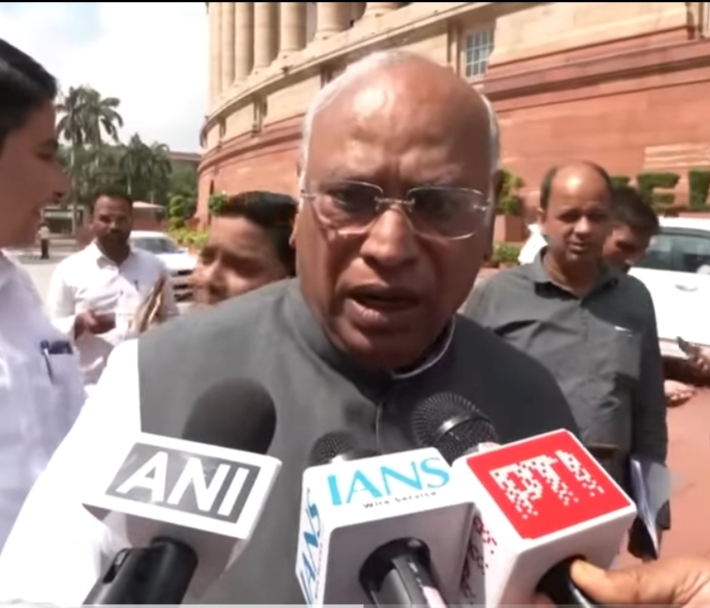
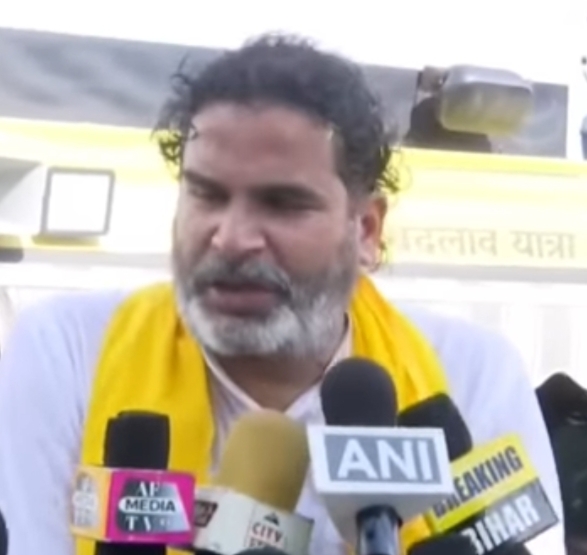
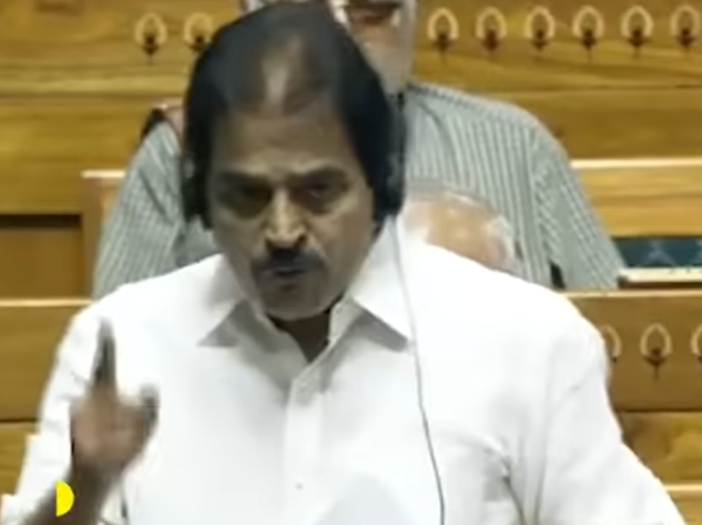
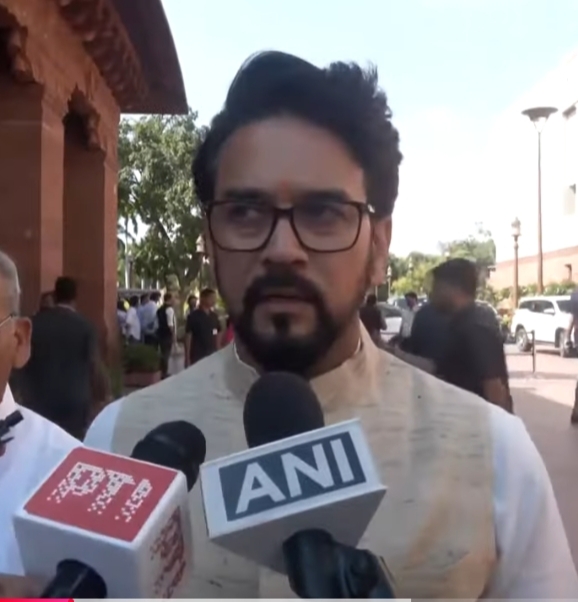
Picture credit social media





